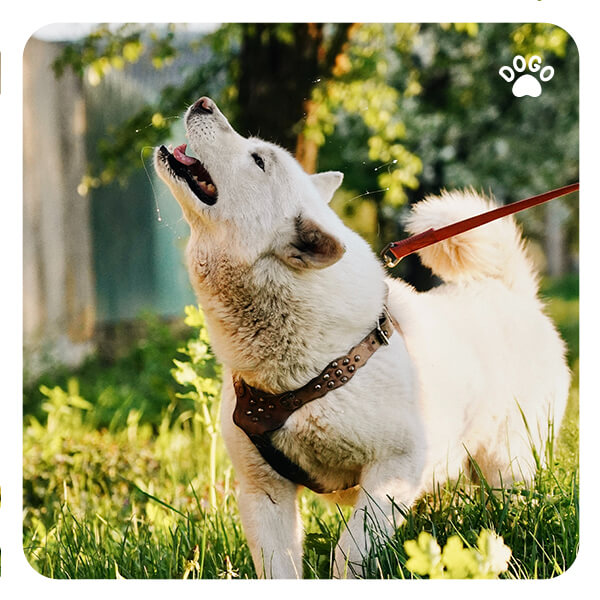 Dogs bark—it’s just what they do. However, excessive barking can be bothersome for both you and your neighbors. Whether your dog barks at strangers passing by, at other dogs, or even at the mail carrier, there are steps you can take to address this behavior. It’s important to understand why your dog is barking and to use positive methods to help them learn when it’s appropriate to bark and when it’s time to be quiet. Let’s explore some strategies to help you and your furry friend find some peace and quiet.
Dogs bark—it’s just what they do. However, excessive barking can be bothersome for both you and your neighbors. Whether your dog barks at strangers passing by, at other dogs, or even at the mail carrier, there are steps you can take to address this behavior. It’s important to understand why your dog is barking and to use positive methods to help them learn when it’s appropriate to bark and when it’s time to be quiet. Let’s explore some strategies to help you and your furry friend find some peace and quiet.
Understanding the Reasons Behind Barking
Before addressing your dog’s barking, it’s crucial to identify the underlying reasons for their behavior. Dogs bark for various reasons such as alerting you to something, seeking attention, expressing anxiety or fear, or simply out of boredom. Understanding the motivation behind the barking is the first step to addressing it effectively. Observing your dog’s body language and the context of their barking can provide valuable insight into why they are vocalizing.
Positive Reinforcement and Training
Positive reinforcement is a key component of training your dog to control their barking. By rewarding your dog for being quiet, you can encourage the behavior you want to see. When your dog is calm and not barking, offer them a treat, praise, or a favorite toy. This positive association will help them understand that being quiet brings good things. Consistency is vital in reinforcing this behavior, so be patient and persistent in your training efforts.
Exercise and Mental Stimulation
A tired dog is often a quiet dog. Regular exercise and mental stimulation can help reduce excessive barking, as it provides an outlet for your dog’s energy and helps prevent boredom. Engage your dog in activities that challenge their mind and body, such as interactive games, puzzle toys, and daily walks. A stimulated and contented dog is less likely to engage in incessant barking.
Creating a Calm Environment
Creating a calm environment for your dog can also help minimize barking. Dogs are highly attuned to their surroundings, and a peaceful atmosphere can have a positive impact on their behavior. Minimize potential triggers for barking, such as loud noises or unfamiliar people, and provide a comfortable and secure space for your dog to relax in. Additionally, consider using background noise, such as soft music or white noise, to help mask outside sounds that may prompt barking.
Seeking Professional Help
If your dog’s barking persists despite your best efforts, seeking professional help from a certified dog trainer or behaviorist may be beneficial. These professionals can assess your dog’s behavior and provide tailored strategies to address excessive barking. They can offer valuable insights and guidance to help you and your dog overcome this challenge.
Understanding your dog’s barking and using positive training methods can help address this behavior effectively. Every dog is unique, so patience, consistency, and empathy are key when working to reduce excessive barking. By taking a proactive and understanding approach, you can help your dog learn when it’s appropriate to bark and when it’s time to be quiet, creating a more harmonious living environment for both you and your furry companion.
[/fusion_text]



